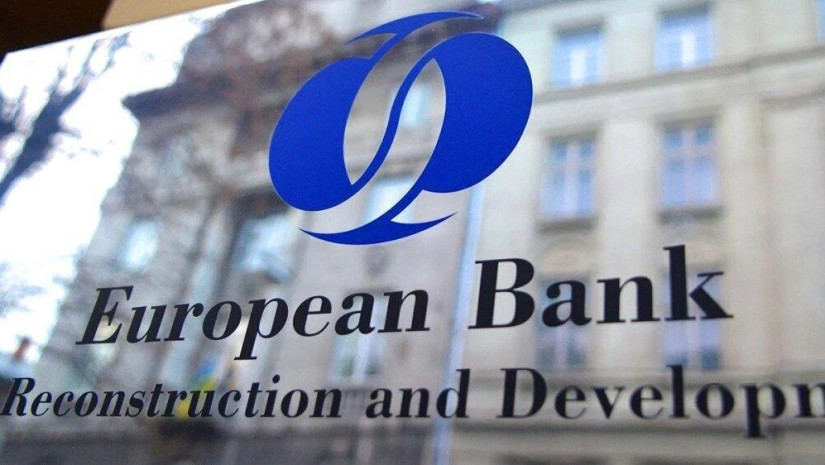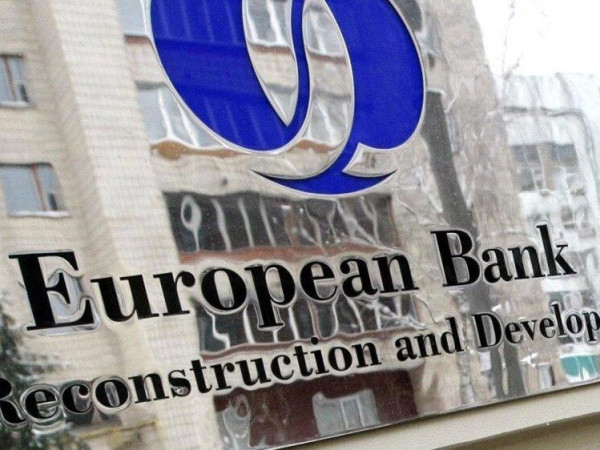The European Bank for Reconstruction and Development (EBRD) has downgraded its forecast for Armenia's economic growth in 2022 to 1.5%, the bank said in its Regional Economic Update report published on Thursday.
In its previous report last November, the EBRD expected Armenia's economy to grow by 5.3% in 2022 and by 4% in 2023.
The EBRD forecasts a 10% decline in Russia's economic growth in 2022 as a result of Moscow's invasion of Ukraine and stagnation in 2023.
EBRD analysts forecast that the Eastern Europe and Caucasus (EEC) region will decline by 11.8% this year (in the November forecast the region was expected to grow by 3.7%). Four countries in the region (Armenia, Georgia, Azerbaijan, and Moldova) are expected to see GDP growth, while Ukraine is expected to see a 20% decline.
According to the report, trade disruptions are likely and high energy and grain prices will keep inflation at elevated levels. Armenia and Georgia also have high export shares to Russia (25-30 per cent), which would likely be affected by the expected downturn of the sanctioned Russian economy.
Georgia may additionally suffer from a slowdown in tourism from Russia and Ukraine, strongly affecting an already battered hospitality industry.
The report says also that Armenia might also be hurt by a fall in remittances from Russia, but increasing arrivals of Russians who seek refuge in Armenia and Georgia might compensate this to some extent.
Moldova’s fragile economy and constrained institutional capacity mean it is struggling to cope with the influx of Ukrainian refugees. It is likely that this will seriously disrupt the reform agenda of the new government, according to the EBRD report.
Armenian government’s growth projection for 2022 is 7%, and inflation is set at 4% (± 1.5%). Earlier, the Central Bank revised down its earlier growth projection from 5.3% to 1.6% citing regional and global spillovers from the Russia-Ukraine conflict that would inevitably have a notable impact on Armenia.
Earlier IMF said that the wide-ranging sanctions on Russia, higher food and fuel prices, lower remittances, increased global financial market volatility are expected to widen Armenia’s current account deficit, lead to a pickup in inflation, and reduce economic growth in the coming months, ARKA reports.















